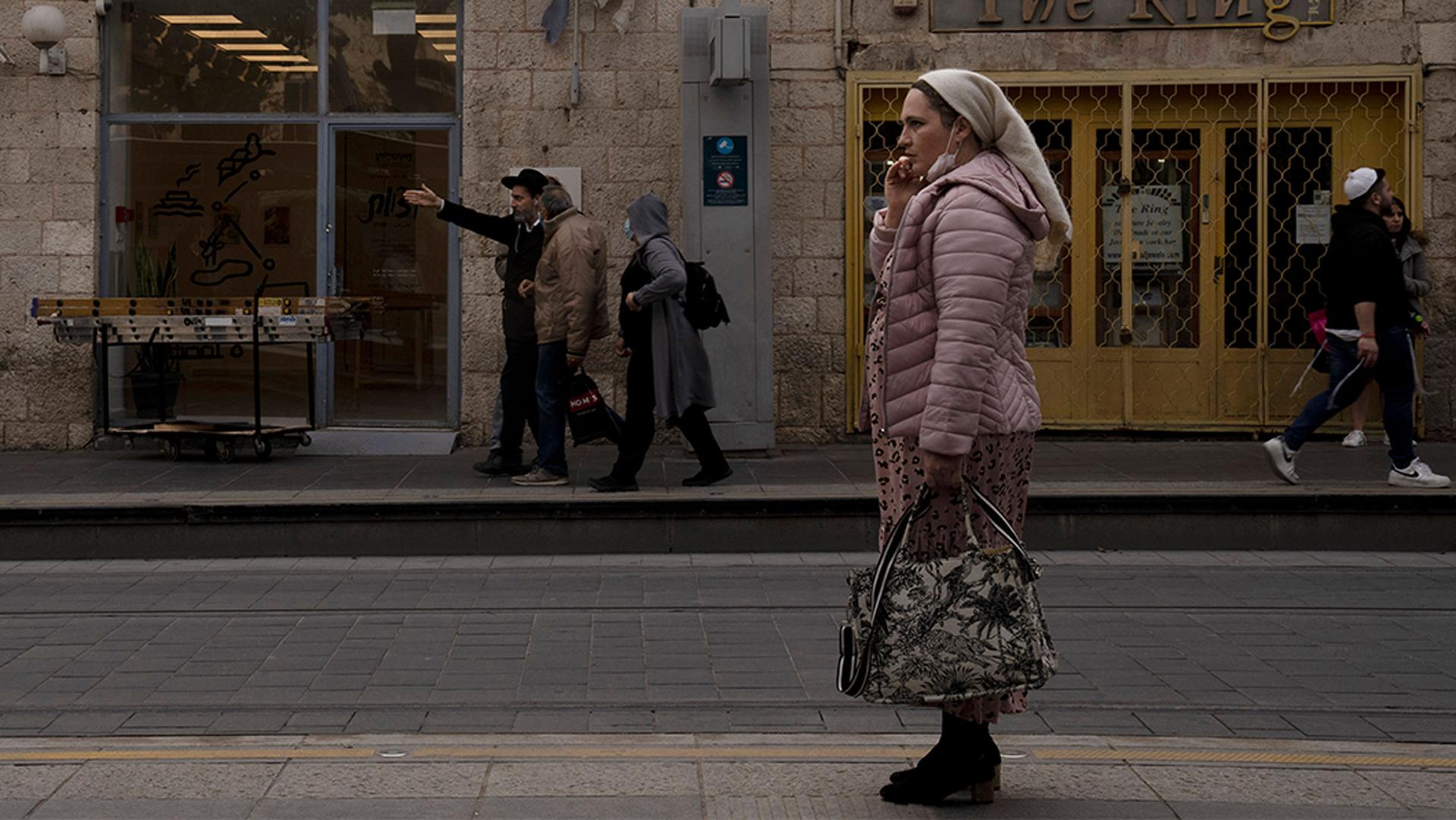Israel has begun studying the effects of a second booster for the COVID-19 vaccination — which would total four shots for those getting Pfizer or Moderna jabs.
It comes as the omicron variant spreads quickly around the globe, with fears of a further increase in cases amid holiday travel and gatherings.
Arnon Afek, deputy director-general and acting director of Sheba General Hospital, the largest in Israel, spoke to The World’s host, Marco Werman, about what researchers are hoping to learn from the study.
“The idea is to try to find out what the threshold is.”
“The point is to see what the effect will be on the antibody levels, the neutralizing antibodies, as well as on the cellular immunity,” Afek said. “And the idea is to try to find out what the threshold is because [in] the end, we are going probably to live with COVID-19 with different variants for a longer period. And we should ask ourselves when the right time is to give another booster.”
Related: From Congo to Chile, small labs are playing a growing role in global understanding of COVID
The hospital gave 150 health workers the Pfizer booster, and Afek said there were no immediate adverse effects.
“Coping with the epidemic in this time of uncertainty, many times you have to make decisions without the basis of knowledge, without evidence-based medicine. We, physicians, hate to do that, but we have no other choice.”
He added that researchers will continue to monitor the boosted group for any side effects and to see if they or any of their family members become infected with the omicron variant.
Werman asked Afek about the theory that the global discrepancy in vaccination rates is what’s driving the appearance of new variants like omicron and delta.
Related: COVID-related travel bans spark outrage from targeted countries
“Until the rest of the world [is] vaccinated or recovered from the disease, we [will] have more and more oncoming variants emerging from these countries.”
“Well, it’s true. Until the rest of the world [is] vaccinated or recovered from the disease, we [will] have more and more oncoming variants emerging from these countries. What we should be doing is supporting these countries that cannot purchase vaccines and give them vaccines through the global support system.”
Afek said that it’s difficult to bring Pfizer and Moderna vaccines to remote villages like the ones in Africa and South America, because they “require highly sophisticated logistics systems,” and recommended that vaccines like Johnson & Johnson be used in the meantime instead.
To hear the whole discussion, click on the audio player above.
